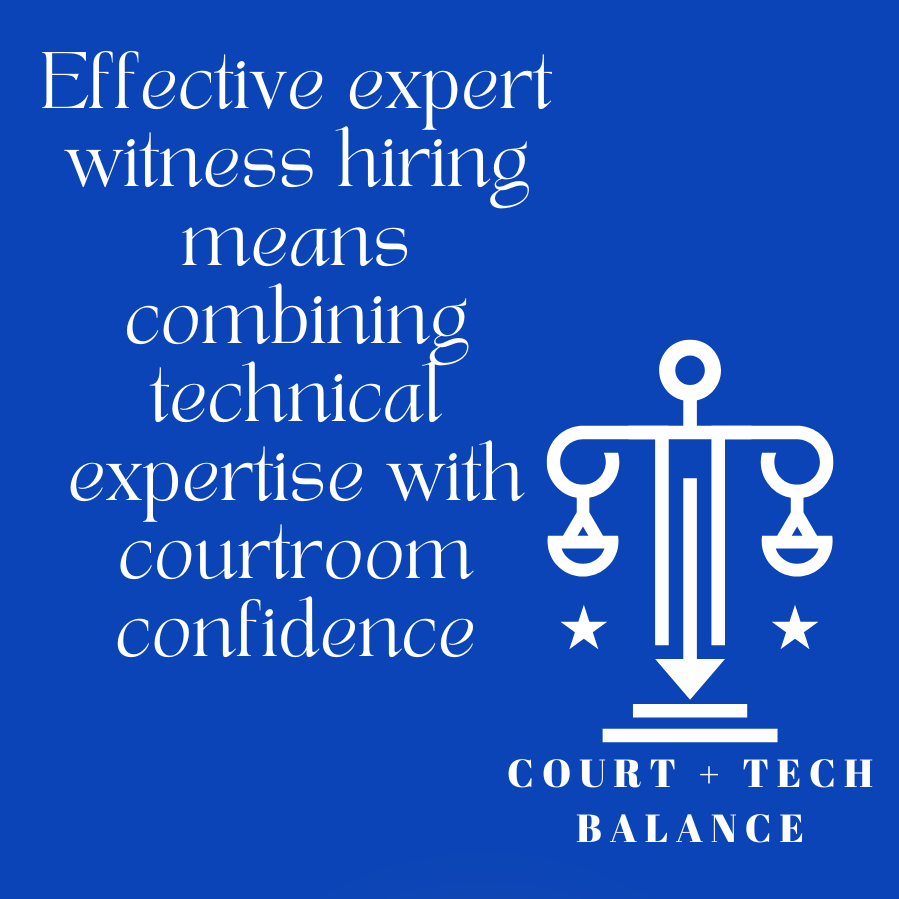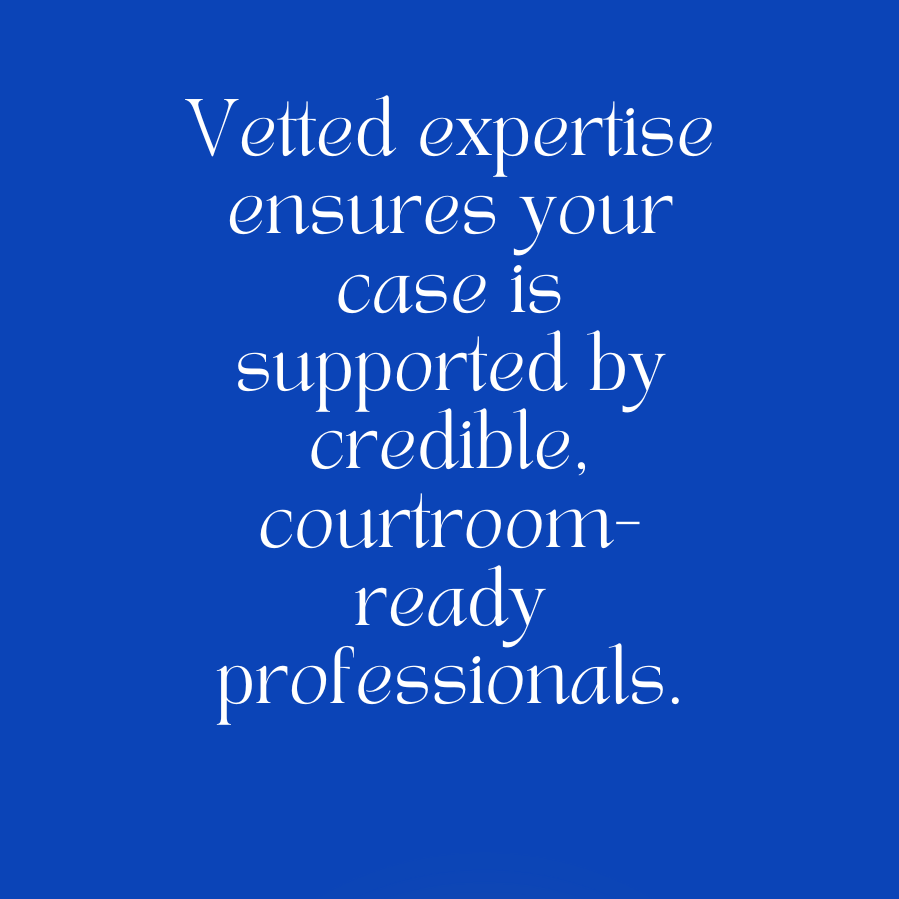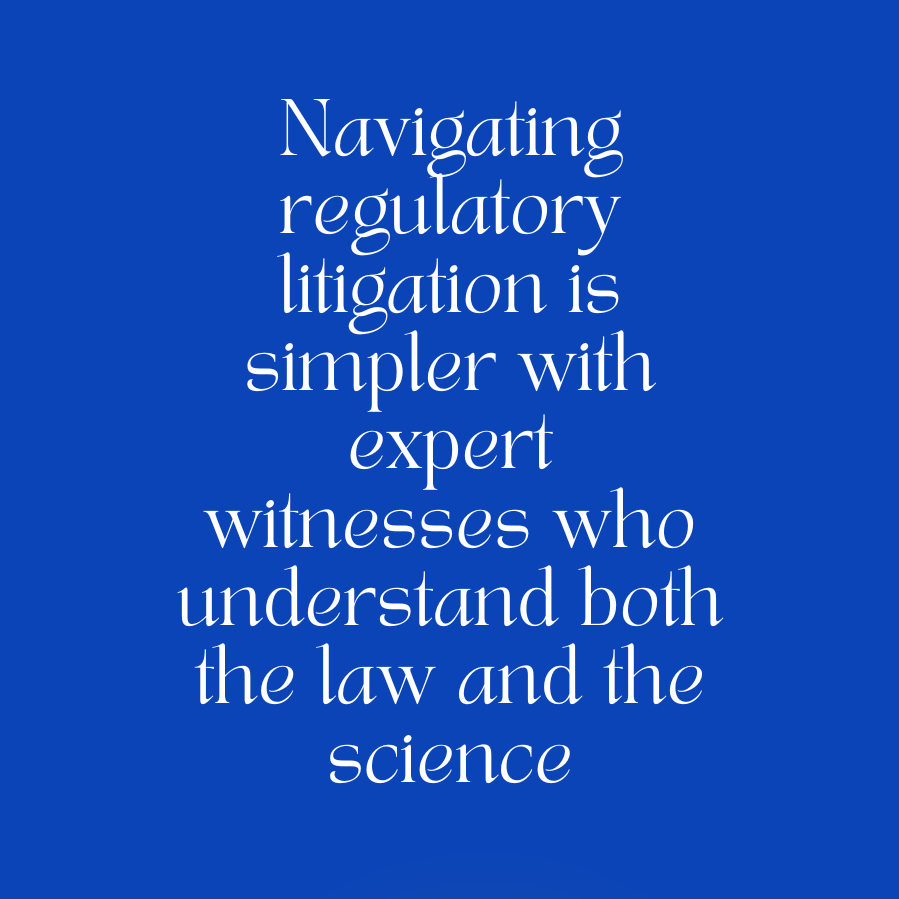How to Hire Expert Witnesses for Regulatory Cases: Best Practices for Lawyers
When tackling complex regulatory litigation, attorneys face countless challenges: intricate laws, ever-changing guidelines, and the pressure to ensure their arguments hold weight in court. Among these hurdles,finding the right expert witness can often feel like the most daunting. After all, these experts play a pivotal role in interpreting technical details, guiding case strategies, and ultimately persuading the court. But how can you be certain you’re hiring the right expert witness for the job?
This article explores the best practices for hiring expert witnesses in regulatory cases, offering practical advice to help attorneys streamline their selection process and strengthen their cases.
The Importance of Expert Witnesses in Regulatory Cases
Bridging Legal and Technical Gaps
Regulatory cases often involve dense technical or scientific details that are beyond the comprehension of a typical judge or jury.

An expert witness serves as a translator, breaking down these complexities into clear and concise explanations. Whether it’s financial regulations, environmental compliance, or healthcare standards, these professionals make the difference between confusion and clarity in the courtroom.
Establishing Credibility
An expert’s ability to present findings in a calm, authoritative manner can significantly enhance your case’s credibility. The right witness doesn’t just testify—they provide a narrative that bolsters your legal argument and reassures the court of your position’s validity.
Best Practices for Hiring Expert Witnesses in Regulatory Cases
1. Define Your Case’s Needs
Before you begin your search, clarify the specific expertise your case requires. Ask yourself:
Does the case involve niche technical knowledge or general industry practices?
Will the expert need to address compliance, economic impact, or procedural violations?
How critical is courtroom experience for this particular case?
Defining your needs ensures you focus on candidates who possess the right combination of technical knowledge and litigation skills.

2. Leverage Expert Witness Networks
Expert witness networks, such as ExpertConnect Litigation Support, provide access to pre-vetted professionals with proven track records. These networks streamline the search process by offering:
A curated list of qualified experts across industries.
Detailed profiles, including credentials and prior testimony experience.
Faster connections, saving valuable time.
3. Prioritize Courtroom Experience
Technical expertise is crucial, but it’s not enough. A qualified expert should also:
Have prior testimony experience.
Demonstrate an ability to stay composed under cross-examination.
Understand courtroom dynamics, including how to address jurors effectively.
Selecting an expert with proven litigation experience reduces the risk of unexpected setbacks during trial.
4. Vet Credentials Thoroughly
Don’t take resumes at face value. Confirm:
Educational qualifications and certifications.
Professional experience in relevant industries.
Published works, including peer-reviewed articles or industry reports.

Testimony history in regulatory cases.
Cross-referencing these details ensures the expert’s credentials align with your case’s demands.
Common Pitfalls to Avoid When Hiring Expert Witnesses
Rushing the Selection Process
Under tight deadlines, it’s tempting to hire the first available candidate who meets basic qualifications. However, rushing can lead to costly mistakes, such as hiring someone who isn’t well-suited for the courtroom or your case’s specific needs.
Failing to Address Bias or Conflicts of Interest
Ensure your expert is impartial and free of conflicts that could undermine their credibility. This includes:
Avoiding candidates with prior ties to the opposing party.
Screening for potential biases based on past work or affiliations.
Overlooking Communication Skills
An expert might have impeccable credentials but lack the ability to communicate effectively with a jury. During the vetting process, pay close attention to how the expert explains technical details—clarity is key.
How to Test Your Expert Witness’s Readiness
Conduct Mock Examinations
Simulate depositions or cross-examinations to evaluate how well your expert handles pressure. Focus on:
Their ability to provide concise, clear answers.
How they respond to challenging or misleading questions.
Whether they can defend their methodology without appearing defensive.
Provide Comprehensive Case Materials
Share key documents, data, and case facts during the hiring process. Assess how quickly and accurately the expert can grasp the material and provide insights.
The Role of Expert Witness Networks
Streamlining the Process
Partnering with expert witness networks simplifies your search, allowing you to focus on building your case. These platforms offer:
Access to Pre-Screened Experts: Networks vet professionals for credentials, litigation experience, and availability.
Tailored Recommendations: Advanced search tools match you with experts who meet your specific criteria.
Ongoing Support: Many networks provide additional services, such as report review and support, deposition preparation, and trial consulting.
Cost Management
Expert witness networks often include a range of professionals at different price points, allowing you to balance expertise with budgetary constraints. Additionally, these networks reduce the time and resources spent vetting candidates, saving you money in the long run.
Building a Strong Attorney-Expert Relationship
A successful expert witness partnership requires clear communication and mutual understanding. Here’s how to foster collaboration:
Set Expectations Early: Outline the scope of the expert’s role, from pre-trial preparation to courtroom testimony.
Provide Context: Ensure the expert understands the broader legal strategy, not just their specific area of focus.
Maintain Open Lines of Communication: Schedule regular check-ins to address any concerns or evolving case needs.
Conclusion: Strengthen Your Case with the Right Expert Witness
In regulatory cases, the right expert witness can mean the difference between clarity and confusion, credibility and doubt.
By following these best practices—defining your needs, vetting thoroughly, and leveraging expert witness networks—you can ensure your expert is prepared to enhance your legal strategy.
For attorneys seeking top-tier professionals and streamlined support, consider ExpertConnect Litigation Support. With a network of pre-screened experts and comprehensive vetting resources, ExpertConnect Litigation Support is your partner in building stronger cases by achieving better outcomes in expert witness for regulatory cases.